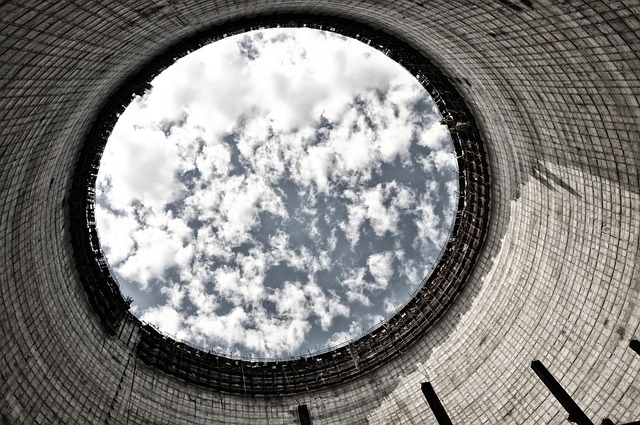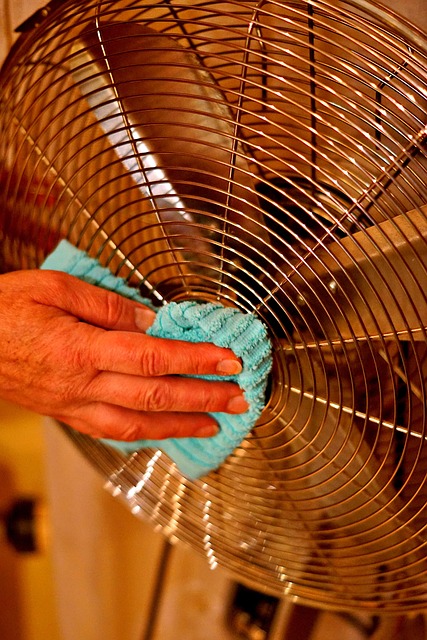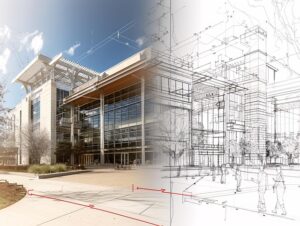Commercial gas water heaters designed for high-altitude installations overcome unique challenges like decreased air pressure and temperature through advanced combustion technology, robust materials, and optimized heat transfer rates. Energy-efficient models, including tankless heaters and condensing units, offer significant cost savings and environmental benefits, making them ideal for hotels, restaurants, and other commercial facilities in remote elevated areas. These systems enhance hot water provision reliability while promoting sustainable heating practices through precise fuel mixing, optimized combustion, and waste heat recovery.
“In many regions, commercial gas water heaters face unique challenges beyond standard installations. Designed for high-altitude environments, these specialized systems must withstand lower oxygen levels and colder temperatures. This article delves into the intricacies of optimizing commercial gas water heaters for elevated installations, exploring key features, benefits, and critical considerations. Understanding these aspects ensures efficient, safe, and reliable hot water solutions at high altitudes.”
- Understanding High-Altitude Commercial Gas Water Heaters: Unique Challenges and Requirements
- Key Features and Technologies Optimized for Elevated Installations
- Benefits of Using High-Altitude Commercial Gas Water Heaters
- Considerations for Installation, Maintenance, and Safety at Higher Elevations
Understanding High-Altitude Commercial Gas Water Heaters: Unique Challenges and Requirements

High-altitude commercial gas water heaters face distinct challenges compared to their sea-level counterparts. As elevation increases, air pressure and temperature drop, impacting the performance of gas-fired water heating systems. This is particularly crucial for applications in remote areas like mountain resorts, high-altitude cities, or rural institutions where access to reliable hot water is essential.
Commercial hot water systems designed for elevated installations require specific adaptations. These include enhanced combustion technology to ensure efficient gas firing at lower pressure and temperature, robust materials capable of withstanding extreme weather conditions, and optimized heat transfer rates to meet the high-demand hot water needs of businesses like hotels, restaurants, and institutional facilities. Energy-efficient systems, such as tankless gas heaters or condensing water heaters, offer further advantages in terms of cost savings and reduced environmental impact, making them attractive options for modern commercial hot water applications.
Key Features and Technologies Optimized for Elevated Installations

Commercial gas water heaters designed for elevated installations boast several key features and technologies that ensure optimal performance at high altitudes. These include advanced combustion systems that compensate for reduced oxygen levels, allowing for efficient gas fired water heating despite the lower air pressure. Many models also incorporate condensing technology, which captures and reuses heat from exhaust gases, significantly enhancing energy efficiency in challenging environments.
Additionally, high capacity heaters are prevalent in this category, catering to the demanding hot water needs of institutions like restaurants and hotels. Tankless gas heaters, free from storage tank heaters, offer on-demand heating, ensuring a constant supply of hot water without energy wastage. These innovations not only optimize commercial hot water systems but also contribute to sustainable institutional heating practices, making them ideal solutions for locations with varying altitudes and robust hot water requirements.
Benefits of Using High-Altitude Commercial Gas Water Heaters

High-altitude commercial gas water heaters offer a range of benefits tailored to the unique challenges of elevated installations. These specialized heaters are designed to efficiently provide hot water in areas with lower atmospheric pressure, ensuring consistent performance despite harsh environmental conditions. By utilizing advanced technologies, such as precise fuel mixing and optimized combustion processes, they deliver reliable heating solutions for various commercial settings.
In addition to their robust design, these gas-fired water heating systems boast high energy efficiency. Condensing water heaters, for instance, capture and reuse heat that would otherwise be wasted, significantly reducing energy consumption. This not only minimizes operational costs but also contributes to environmental sustainability, making them ideal choices for institutions like hotels, restaurants, and other commercial establishments seeking reliable and eco-friendly hot water solutions.
Considerations for Installation, Maintenance, and Safety at Higher Elevations

When installing commercial gas water heaters at higher elevations, several factors come into play. The primary consideration is the unique challenge posed by lower oxygen levels at such altitudes, which can impact burner efficiency and performance. Specialized high-altitude burners designed for optimal combustion in reduced oxygen environments are essential for efficient and safe operation.
Maintenance routines must also be adapted to suit these conditions. Regular servicing by qualified technicians ensures that crucial safety mechanisms, such as pressure relief valves, function correctly in the thinner air. Additionally, selecting energy-efficient systems like condensing water heaters can help mitigate environmental impact and reduce operational costs, especially in institutional settings like hotels and restaurants. High-capacity tankless gas heaters, for instance, offer on-demand hot water with minimal storage tank requirements, catering to modern commercial hot water system needs while promoting sustainability.
High-altitude commercial gas water heaters represent a specialized yet vital solution for businesses operating in mountainous regions. By addressing the unique challenges of elevated installations, these heaters offer numerous benefits, including efficient heating performance and cost savings. With key features optimized for altitude, such as advanced combustion technologies and pressure regulation systems, they ensure reliable hot water supply even at high elevations. When considering installation, maintenance, and safety at higher altitudes, businesses can leverage expert guidance to maximize the advantages of these specialized heaters, ensuring a robust and sustainable hot water infrastructure.






